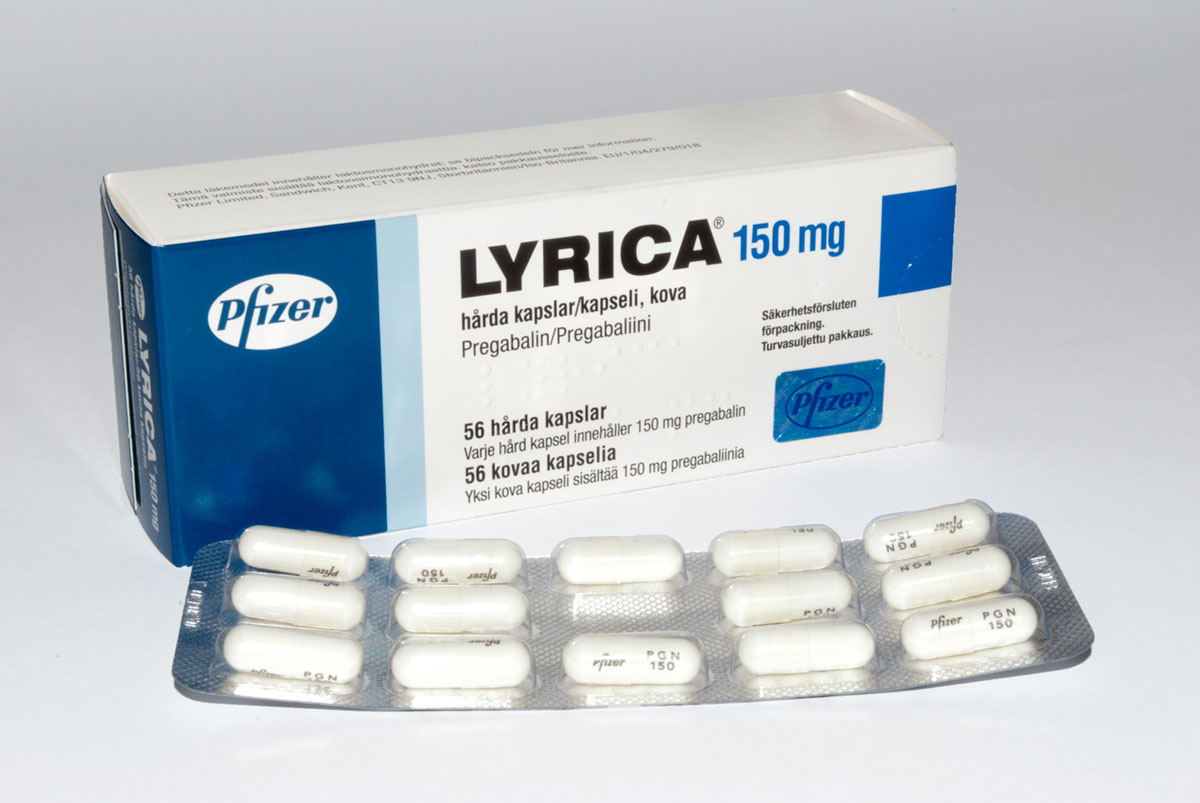
What is Lyrica pregabalin and when is it used?
Lyrica or pregabalin, is an anti-epileptic medicine that is used in the treatment of neuropathic pain (usually in cases of diabetics), fibromyalgia, and herpes zoster, but it is often used as a part of the treatment of seizures. Thanks to its main ingredient, pregabalin, this medicine works by affecting brain cells and changing the chemicals that are in charge of sending the signals of pain across the nervous system. It also slows down the impulses in the brain that cause seizures.
Side effects of lyrica pregabalin
This medicine can cause very serious side effects, which is why it has to be prescribed by the doctor, who will first check the patient’s medical history and make sure that he or she does not suffer from diabetes, kidney disease or congestive heart failure, for example, since, in such cases, it might not be safe to use this medicine. However, in some cases, the simple adjustment of the dose will solve the problem. It is also important to see if the patient is already on some medications because of the possible contraindications. Interaction is possible even if the patient takes only minerals or vitamins. It is of extreme importance to avoid the use of alcohol. While using this drug, it is strongly advised to use some method of contraception, because if a woman conceives, and either she or her partner are using Lyrica, the baby may have serious defects.
To start with less serious side effects, some of the most frequently reported include constipation, pain in the stomach, muscles and joints, itching, dry mouth, and problems with vision. Problems with concentration, balance, and coordination are also possible.
However, it is recommended to contact the doctor who prescribed the medicine in case any of these signs does not disappear within a reasonable period of time. If symptoms such as swelling of feet and hands, easy bruising and bleeding, and general weakness along with pain in the muscles are experienced, the doctor should be contacted as soon as possible, particularly if any of these symptoms is followed by fever.
What is most terrifying about Lyrica is that it may affect reactions and thinking, so some of the side effects may be related to the changes in behavior and mood. Thus, it is not impossible that the persons may feel anxious, agitated, hyperactive, depressed, or that they may even begin to have suicidal thoughts.
















Your thoughts on this
Loading...